“From EVs to Smartphones” Chinese Firms Accelerate Battle to Establish Malaysia as ‘Southeast Asian Foothold’
Input
Changed
Chinese EV Makers’ Rapid Entry into Malaysian Market EV Adoption Target Despite Low Oil Prices “Chinese Brands Everywhere in Malaysia” Xiaomi’s No. 2 Smartphone Share
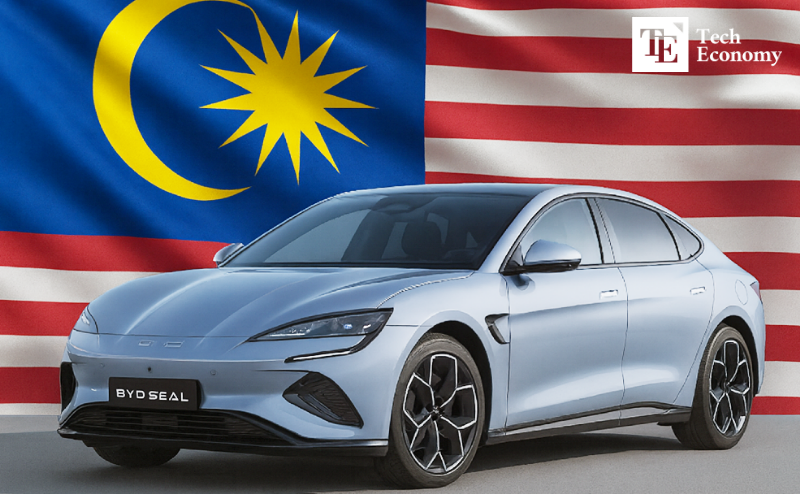
Chinese corporations are aggressively targeting Malaysia, the heart of Southeast Asia. Analysts note that as the U.S.–China trade war intensifies, Beijing’s push to secure new markets aligns with Malaysia’s imperative to attract investment for economic growth. Historically considered “China’s backyard” due to its sizable ethnic Chinese population and geographic proximity, Malaysia is now expected to see China’s influence expand further through this corporate influx.
BYD Breaks Ground on First Assembly Plant in Malaysia
According to Nikkei Asia on the 3rd, Chinese EV maker BYD plans to construct a manufacturing facility on a 600,000-square-meter site in Tanjung Malim, Perak. The plant will reassemble completely knocked down (CKD) kits, enabling lower pricing compared with fully assembled cars exported from China. Liu Xueliang, general manager of BYD’s Asia-Pacific auto sales division, stated, “Malaysia has always been one of BYD’s most important markets in Southeast Asia,” adding, “Our investment extends beyond products to talent development and the broader EV ecosystem.”
Chinese EV startup Leapmotor will also begin local assembly in Malaysia by year-end in partnership with multinational automaker Stellantis. Leapmotor officially launched EV assembly in April, supported by a $5.7 million investment from Stellantis International and Stellantis Asia-Pacific, at its Gurun facility in Kedah. Production will start with the C10 EV, positioned at a significantly lower price than Tesla SUVs. Other Chinese automakers, including GAC, Great Wall Motors, and Xpeng, are also scheduled to enter Malaysia this year.
Malaysia’s Ultra-Cheap Gasoline, Yet EV Adoption Targeted at 50%
Chinese automakers’ advance into Malaysia is part of a wider strategy to capture Southeast Asia’s EV market. BYD already holds the No. 1 position in Thailand and Singapore and plans to invest $1.3 billion in Indonesia this year to build a plant capable of producing 150,000 vehicles annually.
This drive also dovetails with Malaysia’s ambition to become a regional EV hub. The government has rolled out a series of incentives to attract investment in EV production and sales. Despite gasoline prices being among the lowest in the world—equivalent to $0.47 per liter—creating favorable conditions for internal combustion vehicles, EV companies are gaining ground thanks to these policy measures.
The success of Proton’s first EV, the “e.MAS 7,” illustrates this shift. Within just two months of its launch, the model secured more than 4,000 pre-orders, drawing strong market response. Pricing has been aggressive: the Prime model is listed at about $23,530, while the Premium version is priced around $26,970. Distribution has expanded rapidly, with Pro-Net, a wholly owned subsidiary of Proton, operating 30 EV-exclusive dealerships. Within a month of launch, the network recorded over 10,000 inquiries and nearly 4,000 reservations.
Under its National Energy Transition Roadmap, Malaysia has set EV adoption targets of 20% by 2030, 50% by 2040, and 80% by 2050. Until last year, only 5% of vehicles sold in Malaysia were EVs, but the launch of the e.MAS 7 has begun to change market dynamics. According to Euromonitor International, 60% of car owners in Southeast Asia consider EVs more sustainable, with 14% already driving one. Positive consumer sentiment is strongest in Malaysia and Indonesia, where 29% of respondents expressed favorable views, followed by Thailand at 24%.
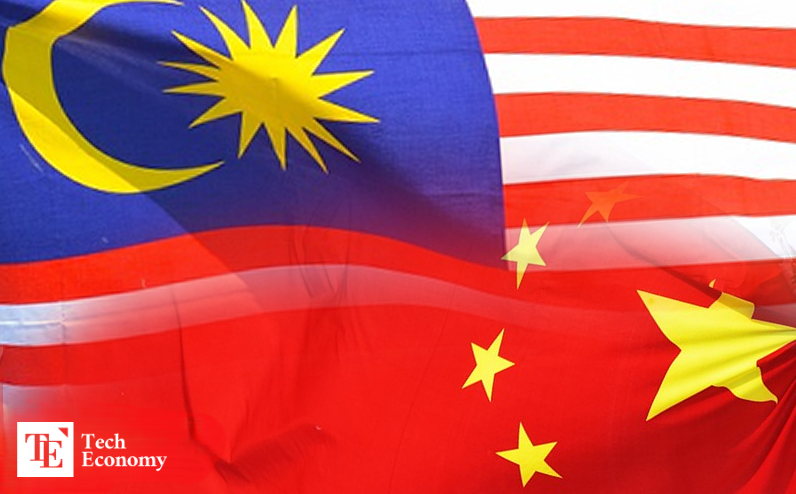
China’s Influence Strengthened by Close Bilateral Ties
Beyond the auto sector, Chinese industries are accelerating their push into Malaysia. In smartphones, Xiaomi holds a 23.7% market share, trailing only Samsung (26.0%), while Apple ranks third at 13.8%. Other Chinese brands—Vivo (11.7%), Oppo (11.5%), and Honor (4.4%)—round out the top positions. Huawei, which recently launched the MateXT in global markets, aims to secure a spot in Malaysia’s top five by year-end.
Chinese firms are also eyeing Malaysia’s digital economy. ByteDance announced in June last year a $2.2 billion investment plan to establish an AI hub in the country. Huawei is partnering with Malaysian telecom operator Maxis to accelerate 5G network deployment.
The Chinese Ministry of Commerce reported, “Malaysia’s digitalization drive is accelerating with successive initiatives, while the government is steadily advancing digital infrastructure development—including 5G and big data—to foster the e-commerce sector.” Renewable energy businesses, such as solar power, are also being closely targeted by Chinese firms.
This penetration of Malaysia’s industries is expected to accelerate on the back of strong bilateral relations. During his visit to Malaysia in June last year, Chinese Premier Li Qiang stated, “China and Malaysia hold one of the most important positions among regional relationships, setting standards and serving as a model.” Once known for its neutral diplomacy, Malaysia is now tilting toward Beijing. Kuala Lumpur has shown relative leniency on the South China Sea territorial disputes and has expressed its intent to join BRICS, the emerging-market bloc led by China and Russia.


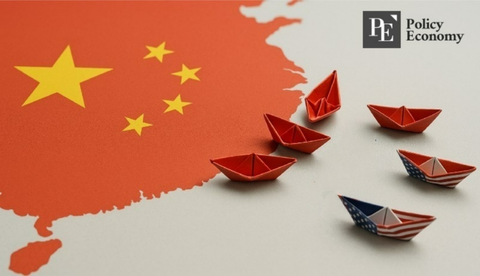


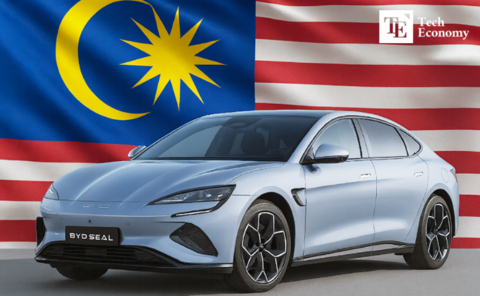


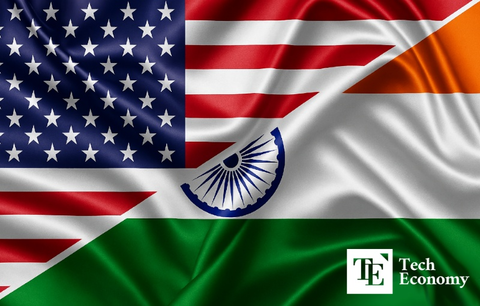
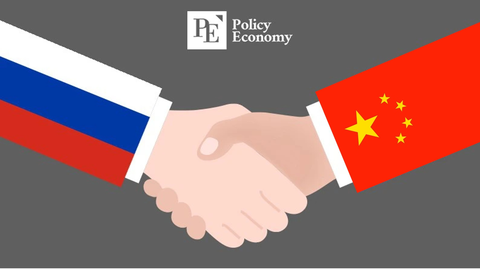












Comment